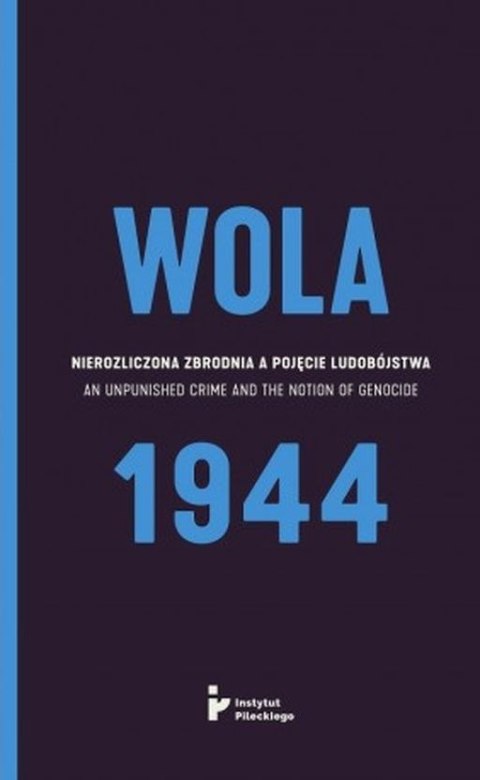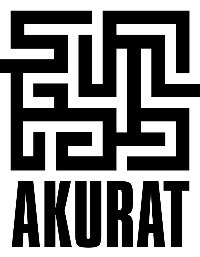-
Wola 1944. Nierozliczona zbrodnia a pojęcie ludobójstwa


| Wysyłka w ciągu | 24 - 48 godzin |
| Cena przesyłki | 15 |
| Dostępność |
|
| Kod kreskowy | |
| ISBN | 978-83-66340-05-3 |
| EAN | 9788366340053 |
Na sierpień 2019 roku przypada 75. rocznica rzezi Woli - masowych mordów popełnionych na ludności cywilnej Warszawy w pierwszych dniach Powstania Warszawskiego. Do dziś wiele towarzyszących im okoliczności nadal nie zostało wyjaśnionych, a zbrodnia pozostała nierozliczona.
Czy wydarzenia na Woli miały wyjątkowy charakter na tle niemieckiej polityki okupacyjnej? Dlaczego sprawcy rzezi uniknęli napiętnowania i sprawiedliwej kary? Czy mordy dokonane na warszawskiej ludności noszą znamiona ludobójstwa? Odpowiedzi na te i inne pytania poszukuje w swoich tekstach międzynarodowe grono specjalistów z dziedziny historii, prawa, politologii i psychologii.
Instytut w swej kolejnej publikacji podejmuje ważny, bo nadal niedostatecznie poznany i zbadany temat. Trudno uwierzyć, że po upływie 74 lat od zakończenia II wojny światowej oraz po 30 latach istnienia III RP konieczne są badania dotyczące losów ludności cywilnej zamieszkującej ziemie polskie w czasach niemieckiej okupacji. Tak właśnie jest z tragicznymi wydarzeniami na Woli w pierwszych dniach Powstania Warszawskiego.
Prof. Zbigniew Romek
Książka stanowi niezwykle cenne ujęcie dotąd nieco zaniedbanej przez badaczy zbrodni niemieckiej. Historycy, prawnicy i psycholodzy spotykają się na kartach tej książki, aby zmierzyć się z tragedią mieszkańców Woli. Podjęta przez naukowców próba prawnej i historycznej kwalifikacji tych wydarzeń pozwala lepiej pojąć trwające do dziś konsekwencje tych masowych mordów.
Dr hab. Paweł Skibiński
August 2019 marks the 75th anniversary of the Wola Massacre - a mass murder committed against the civilian population of Warsaw in the first days of the Warsaw Uprising. To this day, many circumstances of this crime remain unclear, and its perpetrators unpunished.
Were the events in Wola inconsistent with the policies of the German occupier? Why did the perpetrators of the massacre escape public condemnation and just punishment? Does the murder of the residents of Warsaw bear the hallmarks of genocide? These and many other questions were addressed by an international body of eminent scholars, composed of historians, lawyers, political scientists and psychologists.
The Institute has taken up an important issue in its publication, one that remains underexplored and underresearched. It is hard to believe that 74 years after the end of the Second World War and 30 years into the Third Polish Republic, we still need research concerning the fates of civilians living in the territory of Poland during the German occupation. Such is the case with the tragic events in the Wola district during the first days of the Warsaw Uprising.
Prof. Zbigniew Romek
The book offers an invaluable perspective on this German crime - one which has been somewhat overlooked by researchers. Historians, lawyers, and psychologists have joined their efforts to confront the tragic fate of the residents of Wola. Their scholarly attempt at a legal and historical classification of this event furthers our understanding of the consequences of these mass killings, which are apparent even today.
Dr hab. Paweł Skibiński
- Producenci
![[{[item.product.name]}]]([{[item.product.photo.url]}] 125w)















